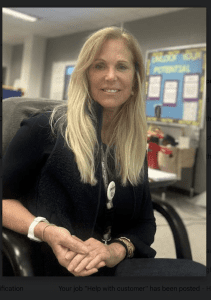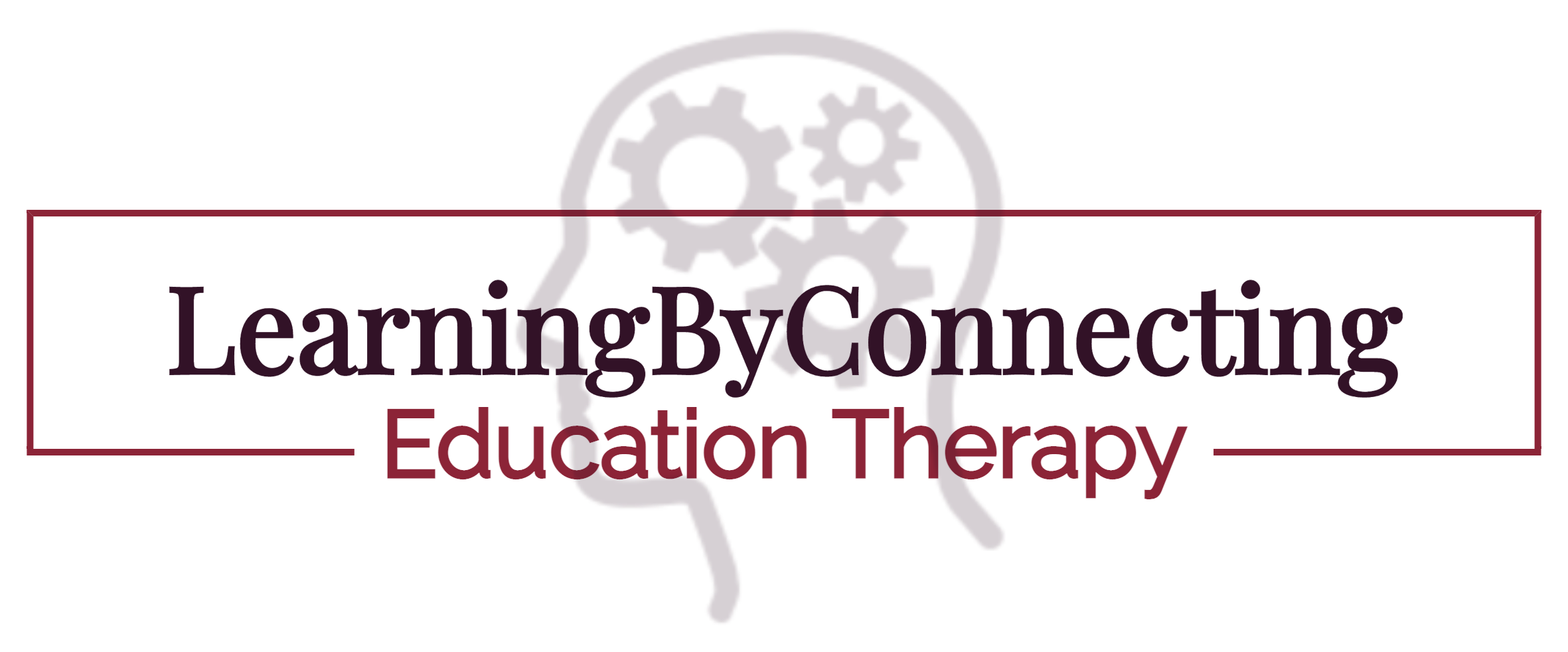- The Importance of Early Detection: Learn why early detection and intervention are crucial for students with learning disabilities, including ADHD.
- The Assessment Process: Discover how educators, specialists, and parents play essential roles in identifying and assessing learning challenges.
- Case Studies: Dr. Powell will share real-life cases where early intervention led to remarkable progress. These stories will inspire and reassure parents.
Title: Early Detection: A Beacon of Hope for Learning Challenges
Introduction: Welcome to the next chapter in our series dedicated to understanding and supporting students facing learning challenges, with a special focus on ADHD. In Parts 1 and 2, we peeled back the layers of learning disabilities and explored the world of ADHD in the classroom. Now, in Part 3, we embark on a journey that emphasizes the importance of early detection.
The Importance of Early Detection: Imagine you’re on a treasure hunt. Early detection is like finding the first clue – it sets you on the path to uncovering valuable insights. Similarly, early detection of learning challenges, including ADHD, is a game-changer.
In this section, we’ll explore why early detection and intervention are nothing short of crucial. We’ll discover how spotting challenges at an early stage can make a world of difference in a child’s academic journey, boosting their confidence and setting them up for success.
The Assessment Process: Now, let’s pull back the curtain and peek into the process that makes early detection possible. Detecting learning challenges isn’t a solo act; it’s a collaborative symphony in which parents, educators, and specialists each play vital roles.
We’ll delve into the assessment process, uncovering how educators and specialists work hand in hand to understand a child’s unique learning profile. From observation to evaluation to personalized planning, this process ensures that no stone is left unturned. Understanding this process empowers parents and educators to be active participants in their child’s educational adventure.
Case Studies: What’s better than a success story? Le me share a real-life case study that demonstrates the power of early intervention. These stories aren’t just anecdotes; they’re beacons of hope.
You’ll meet students who, with the right support and intervention at the right time, conquered their learning challenges, including ADHD. These stories are bound to inspire and reassure parents that early detection and intervention can truly transform a child’s educational journey.
Conclusion: In this chapter of our series, we’ve emphasized the significance of early detection – the cornerstone of supporting students with learning challenges. It’s like providing a flashlight in the darkness; it guides the way to brighter educational horizons.
As our series continues, we’ll move on to Part 4, where we’ll explore empowering your child. We’ll provide strategies and resources for parents and educators to support students with learning challenges, including ADHD. Stay tuned, because the journey is far from over, and the future is filled with promise and potential!
Until next time- Keep learning 🙂



